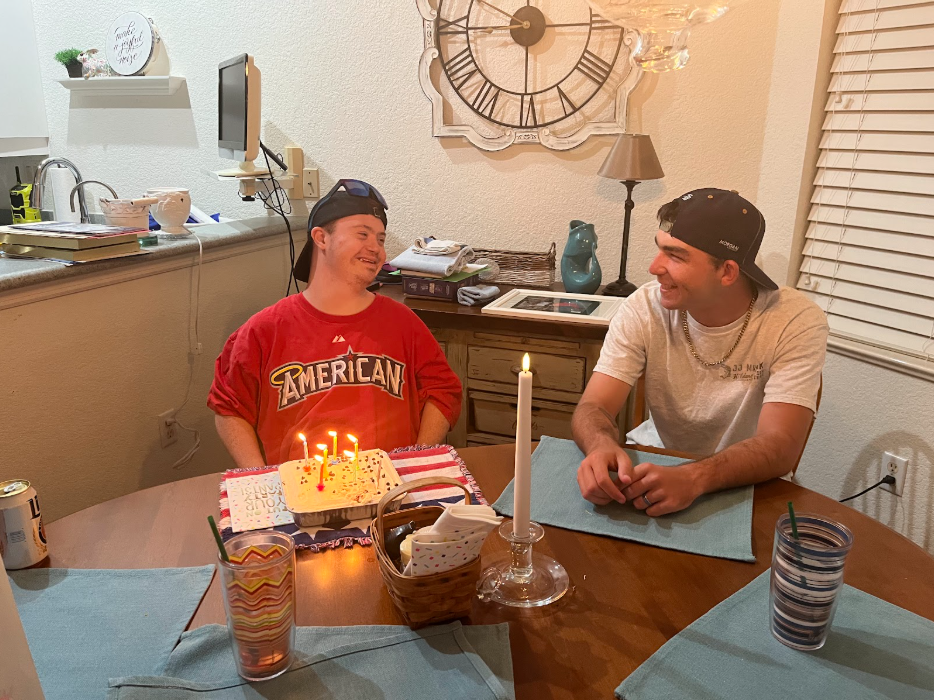Listening and Listeners
I couldn’t find the exact statistics comparing how many people see themselves as “good listeners” with how many view their romantic partner that way, but I did find this: most people overestimate their listening skills. Surveys show that a very high percentage of people—sometimes as high as 96%—believe they are good listeners.
From that I surmise people want to listen in theory. Listening is a challenge, however, for several reasons.
Cognitive overload: anticipation, multitasking, and preparing a response interfere with listening. We often have an internal dialogue running, and it’s impossible to attend fully to two voices at once.
Emotional defensiveness: we may feel the need to protect ourselves, misread the speaker’s intentions, or shut down when triggered.
Misaligned intentions: people often listen to fix rather than to understand, or they bring agendas that block genuine presence.
Identity and ego: attachment to being right, projection, impatience, and fear of being changed by what we hear all get in the way.
The solution: presence
Becoming a better listener means cultivating presence. Regulate your nervous system so you’re not reacting impulsively; aim to stay in a parasympathetic state. Sometimes that means taking a breath or a moment before responding. Notice your body—much of communication is nonverbal. Are you leaning in or pulling away? Are your arms folded or is your posture otherwise defensive? Stay mindful of inner dialogue, which will distract you from hearing the speaker.
Be mindful of the speaker’s intentions. They may not be looking for advice; most of the time they probably aren’t. Hold space rather than try to fix emotions, even if the speaker’s feelings make you uncomfortable. Validate the experience and the emotion, even if you don’t agree with the speaker.
You can borrow Chris Voss’s phrasing: “It sounds like you feel _____________.” That gives the speaker an opportunity to clarify and expand while feeling heard and understood.
Listening is not a skill to master so much as a presence to embody. It asks us to soften our defenses, quiet our inner noise, and meet another human being without an agenda. In that space—unrushed, unguarded, and attuned—connection becomes possible. And isn’t that what we’re really listening for?

